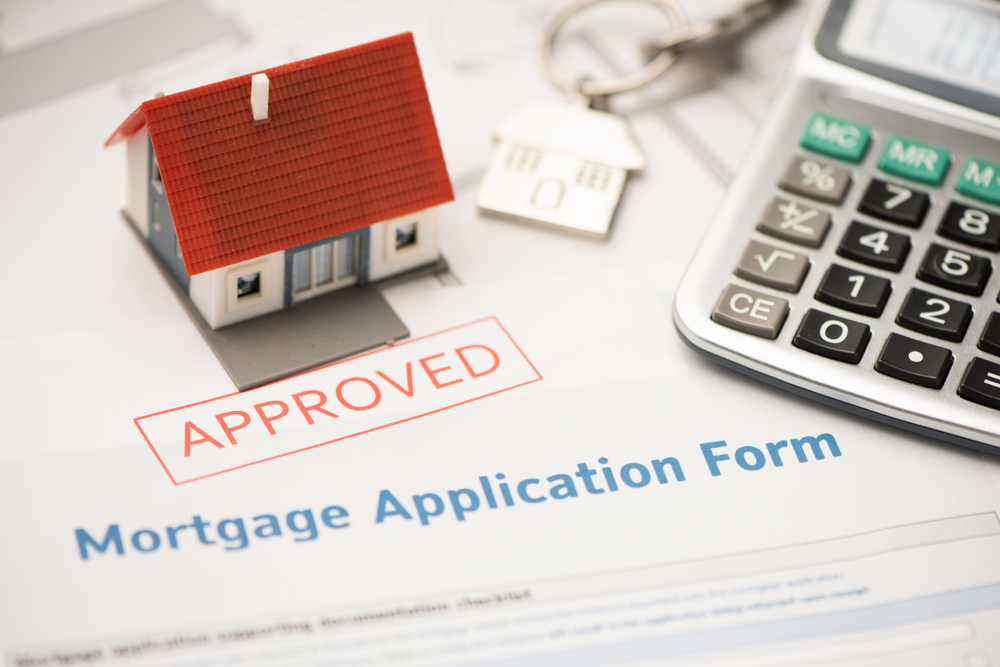
Investing in property in Dubai can be a lucrative opportunity for non-residents looking to diversify their portfolio. However, navigating the mortgage process in a foreign country can be daunting. This guide aims to demystify the process of obtaining a mortgage for non-residents in Dubai, outlining the key information you need to know before making your investment.
1. Eligibility Criteria for Non-Residents
Before applying for a mortgage in Dubai as a non-resident, it's important to understand the eligibility criteria set by the lenders. Here are some common requirements:
Common eligibility criteria for non-residents:
- Proof of income: Lenders will typically require proof of stable income to ensure you can make timely repayments.
- Down payment: Non-residents may be required to make a higher down payment compared to residents.
- Credit history: A good credit history is essential to qualify for a mortgage in Dubai.
- Residency visa: Some lenders may require a residency visa with a minimum validity period.
2. Mortgage Options for Non-Residents
Non-residents in Dubai have several mortgage options to choose from, each with its own set of terms and conditions. Here are some common types of mortgages available for non-residents:
Types of mortgages for non-residents:
- Fixed-rate mortgages: Offer a fixed interest rate for a specified period, providing stability in repayments.
- Variable-rate mortgages: The interest rate fluctuates based on market conditions, which can lead to savings or higher payments.
- Islamic mortgages: Compliant with Sharia law, these mortgages operate on a rent-to-own basis.
It's essential to compare different mortgage options and choose the one that best suits your financial situation and investment goals.
3. Documents Required for Mortgage Application
When applying for a mortgage in Dubai as a non-resident, you will need to provide several documents to support your application. Here is a list of common documents required:
Common documents required for a mortgage application:
- Passport copies: Copies of your passport, including the visa page and entry stamp.
- Proof of income: Salary certificates, bank statements, and employment contracts to verify your income.
- Property documents: Title deed, sales purchase agreement, and property valuation report.
- Credit report: A copy of your credit report to demonstrate your creditworthiness.
- Bank statements: Statements from your bank account to show your financial stability.
4. Costs Involved in Obtaining a Mortgage
When obtaining a mortgage in Dubai, non-residents should be aware of the various costs involved in the process. These costs can include:
Common costs associated with obtaining a mortgage:
- Down payment: A percentage of the property's value that the buyer must pay upfront.
- Processing fees: Charges by the lender for processing the mortgage application.
- Valuation fees: Fees for assessing the value of the property being financed.
- Insurance fees: Costs for property insurance to protect against unforeseen events.
- Legal fees: Charges for legal services related to the mortgage transaction.
Understanding these costs can help non-residents budget effectively when applying for a mortgage in Dubai.
5. Repayment Options for Non-Residents
Non-residents in Dubai have a range of repayment options to choose from when securing a mortgage. It's important to select a repayment plan that aligns with your financial goals and preferences. Some common repayment options include:
Common repayment options for non-residents:
- Monthly repayments: Fixed monthly payments over the loan term.
- Bi-weekly repayments: Payments made every two weeks to accelerate the repayment process.
- Partial repayments: Additional payments made towards the principal amount to reduce the overall interest cost.
- Early repayment: The option to repay the loan before the scheduled term, often with a prepayment penalty.
By understanding the repayment options available, non-residents can choose a plan that suits their financial situation and objectives.
Investing in property in Dubai as a non-resident can be a rewarding venture, provided you have a clear understanding of the mortgage process. By familiarizing yourself with the eligibility criteria, mortgage options, required documents, costs, and repayment options, you can navigate the process with confidence and make informed decisions to secure your investment.